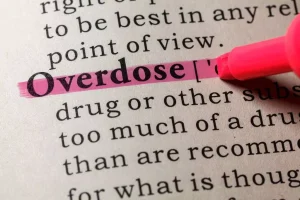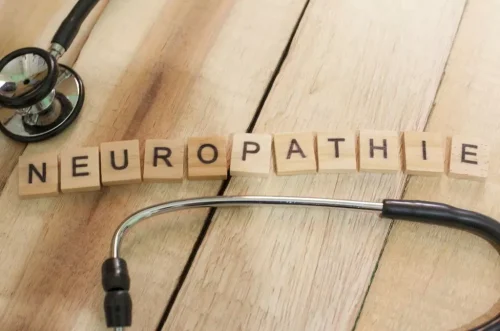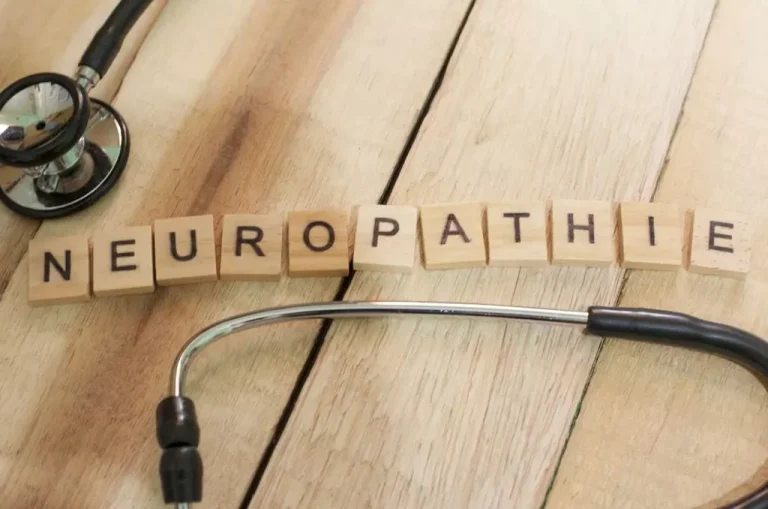Does Drinking Alcohol Cause Nasal Congestion? HowStuffWorks

Scientists will go a long way out of their way for a funny acronym. Alcohol intolerance occurs when your body doesn’t have the proper enzymes to break down (metabolize) the toxins in alcohol. This is caused by inherited (genetic) traits most often found in Asians. However, if you have a serious reaction or severe pain, see your doctor. This will help to soothe the mucous membranes in your nose and prevent them from swelling and triggering a sneeze.
Risk factors
This dilation occurs first in the brain, so you may feel flushed or warm after only a few sips of alcohol. The dilation then extends to blood vessels throughout your body, including those in your nose. You head out with friends, expecting the usual fun night, but instead, one drink leaves you flushed, nauseous, or struggling to breathe.

When to Seek Medical Advice

Additionally, the phenolic compounds found in red wine can cause further irritation and worsen the condition. If you do choose to consume red wine, make sure to do so in moderation and why do i sneeze when i drink alcohol avoid consuming too much. Additionally, adding foods with anti-inflammatory properties to your diet can help reduce any irritation caused by red wine consumption. In addition to filtration, the use of fresh fruits and vegetables in cocktails can pose a risk for those with oral allergy syndrome (OAS).
- It’s the inability to metabolize these histamines that can cause an allergic reaction or flare-up, he says.
- Get instant access to members-only products, hundreds of discounts, a free second membership, and a subscription to AARP the Magazine.
- The immune system tries to get rid of foreign bodies in various ways to protect your health, and sneezing happens to be one of those methods.
- Some ethnicities, such as Asians, have inherited genetic traits that increase their risk for this reaction as well as other symptoms.
- In some people, drinking alcohol may also trigger an allergic reaction, which can cause sneezing and other symptoms.
- An allergy occurs when something in the wine triggers an immune reaction, while an intolerance takes place when someone has difficulty digesting certain components of the beverage.
Can everyone experience sneezing after drinking alcohol?
Beer also contains histamines which could cause a reaction in some people, including sneezing and stuffy nose after drinking. “Development of hives or red bumps are commonly due to a reaction to histamines that can’t be broken down,” says Dr. Glatter. It’s the inability to metabolize these histamines that can cause an allergic reaction or flare-up, he says. Levels of histamines vary based on alcohol, but they will be in higher concentrations in beer and wine (especially red), he says.

Allergy to Specific Ingredients
Recognising them is the first step in figuring out what’s causing the sudden intolerance and how you can manage it moving forward. If you’re interested, we go into further detail about these symptoms in our more general article about alcohol intolerance. Histamines can be found in wine, as they are produced when yeast is used to ferment grapes. For these reasons, it is important for winemakers to be aware of the possible effects that histamines may have on some people. As such, The TTTB has proposed a change to the labeling requirements which will require winemakers to list any ingredients that may contain histamines on the label. Filtration of wine is an important process in the production of a good quality beverage.
What is the difference between alcohol allergy and intolerance?
In some cases, reactions can be triggered by a true allergy to a grain such as corn, wheat or rye or to another substance in alcoholic beverages. Having a mild intolerance to alcohol or something else in alcoholic beverages might not require a trip to a doctor. This genetic condition means that you experience negative symptoms when drinking alcohol because your body is unable to process it properly.

Some experts suggest that the reaction may be more related to the type of beer and its hops content than to the alcohol content. If you’ve ever noticed your nose gets more congested after you have a glass of wine (or other alcohol), you’re not alone! In most cases, alcohol-induced sneezing is harmless and merely an annoyance. However, if https://ecosoberhouse.com/ you experience severe or persistent symptoms, it is advisable to seek medical advice.
- If you find that drinking these beverages triggers an allergic reaction, then it’s important to limit your intake and switch to lower-histamine alternatives.
- The most common symptoms reported by those with sulfite sensitivity are nausea, headaches and skin rashes.
- Sunset works with the body to break down alcohol quickly and effectively, so you don’t experience the negative symptoms.
- In June, the World Health Organization said that no level of alcohol consumption is safe for our health.
- Alcohol is metabolized by enzymes in your liver, which convert ethanol into acetaldehyde.
- If you’re allergic to any of the ingredients in a mixed drink, you may want to avoid it.
- Alcoholic drinks have a natural vasodilatory effect which expands blood vessels.
In addition to raisins and dried fruits, sulfates are used as preservatives in some foods, including wines. The presence of sulfites does not always mean the wine is of a lower quality and, in fact, may be used to prevent spoilage. New research suggests the risks of even moderate or light drinking may outweigh the benefits. In June, the World Health Organization said that no level of alcohol consumption is safe for our health. And a new study funded by the National Institutes of Health found that binge drinking among adults ages 35 to 50 has reached historic levels. The reason your nose gets congested when you drink wine is related to the effects alcohol has on your blood vessels.



